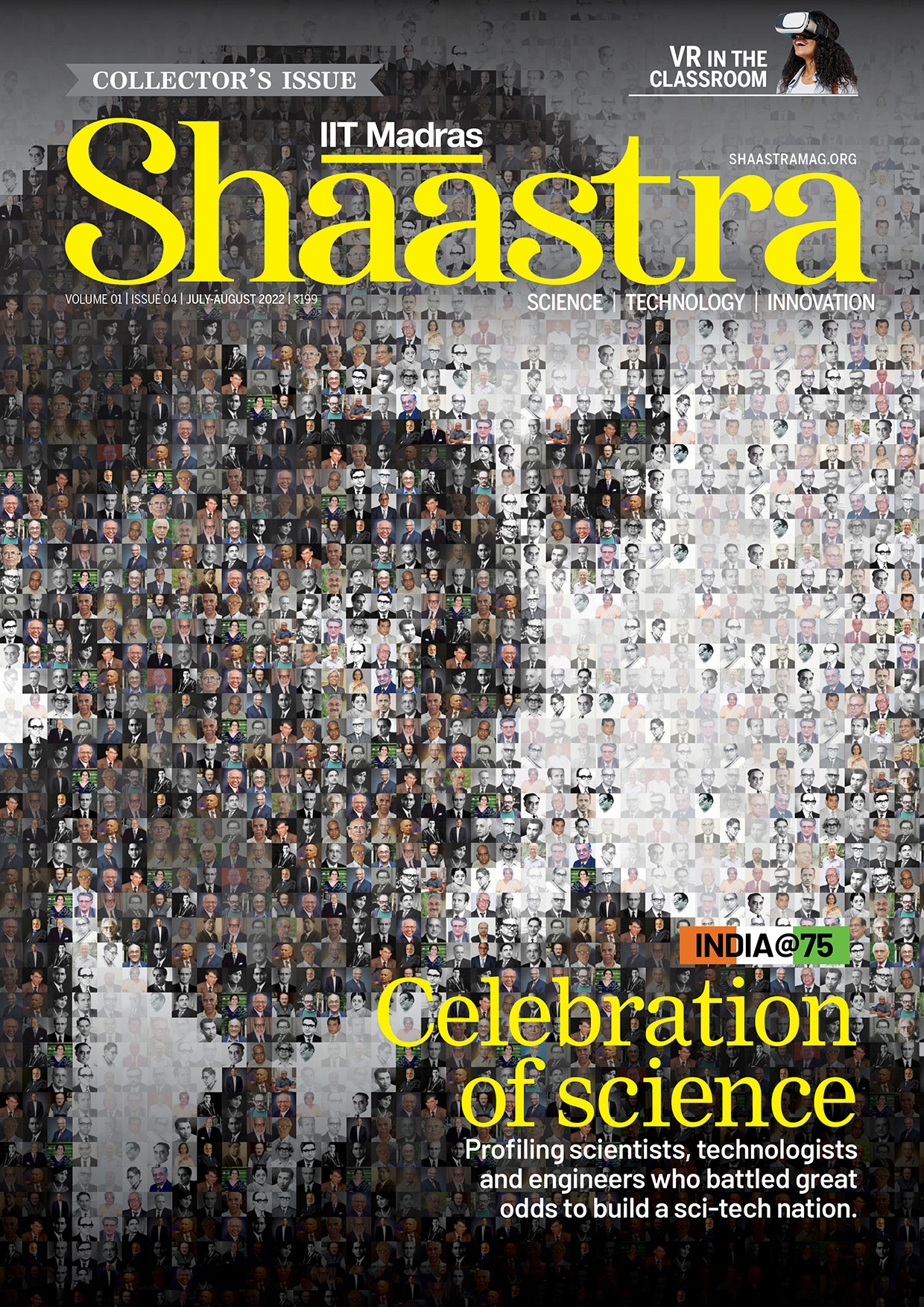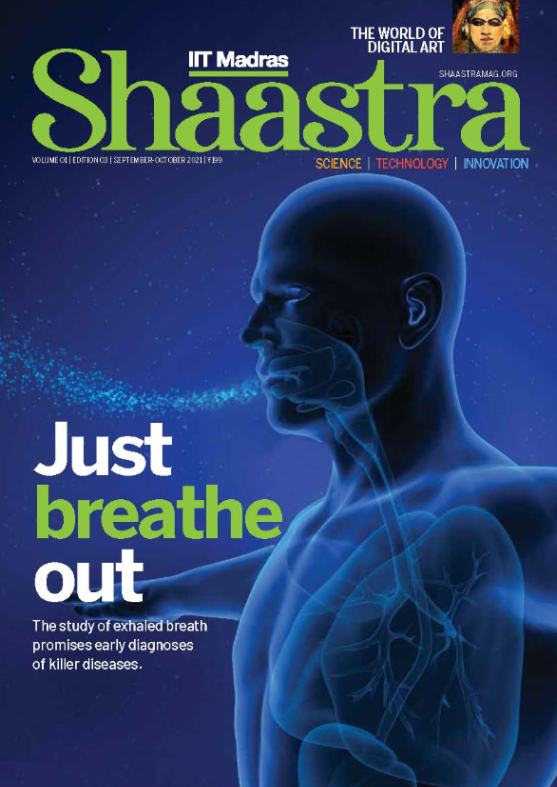Potential and peril of human embryo models
-
- from Shaastra :: vol 03 issue 07 :: Aug 2024

How stem cell models spur understanding of early human development and disease.
Studying the earliest stages of human embryonic development is critical to our fundamental understanding of human biology, and through that for understanding disease, and potential therapy. The initial stages of embryonic development, including fertilisation, are foundational for understanding how a single cell, the zygote, gives rise to the complex multicellular organism that is a human being. This early period involves critical processes such as cellular differentiation, morphogenesis, and the establishment of the body plan, including the development of major organs and tissues. By studying these stages, researchers gain insights into the genetic and molecular mechanisms that regulate normal development and how disruptions in these processes can lead to congenital anomalies or developmental disorders.
PAST ISSUES - Free to Read


Have a
story idea?
Tell us.
Do you have a recent research paper or an idea for a science/technology-themed article that you'd like to tell us about?
GET IN TOUCH















